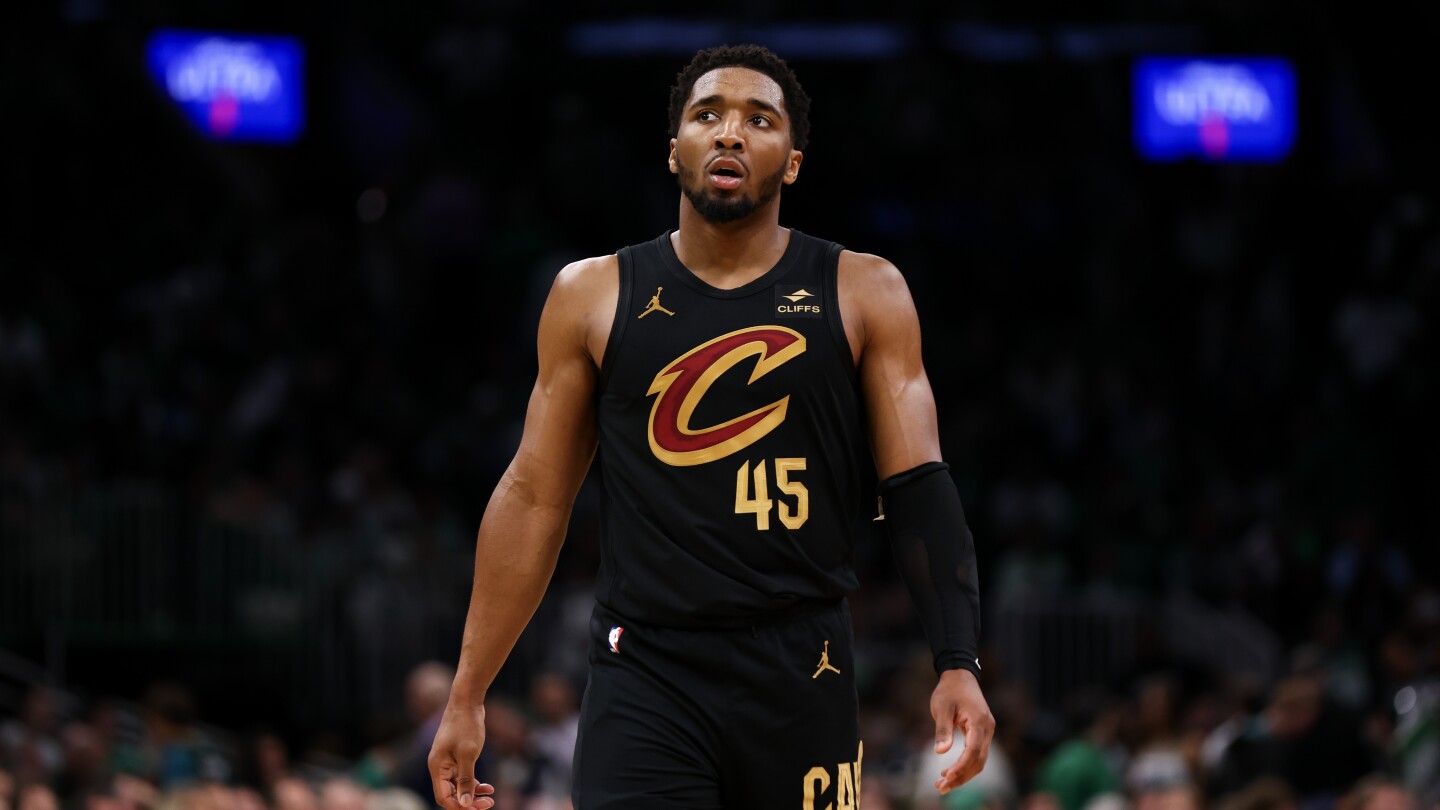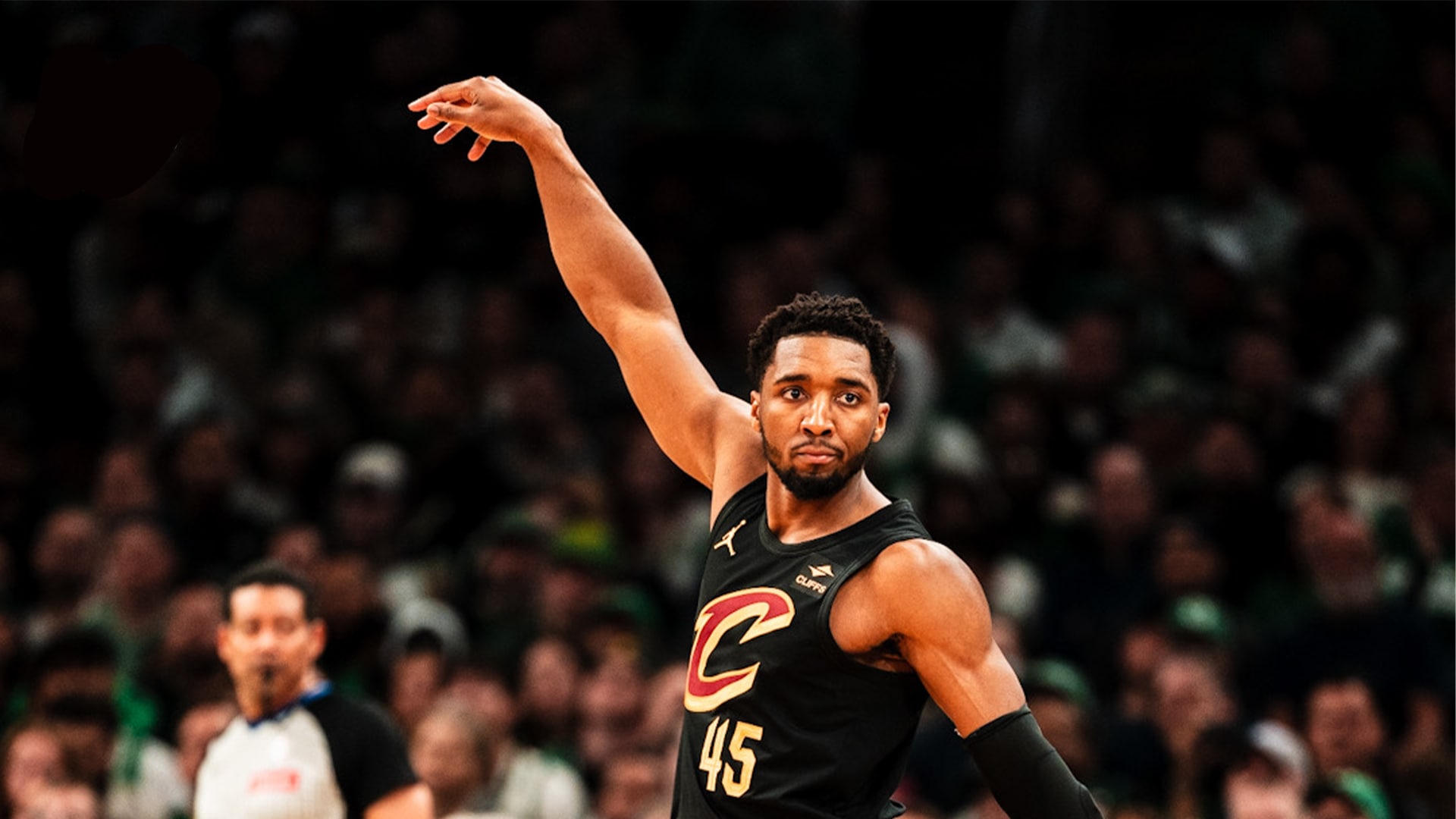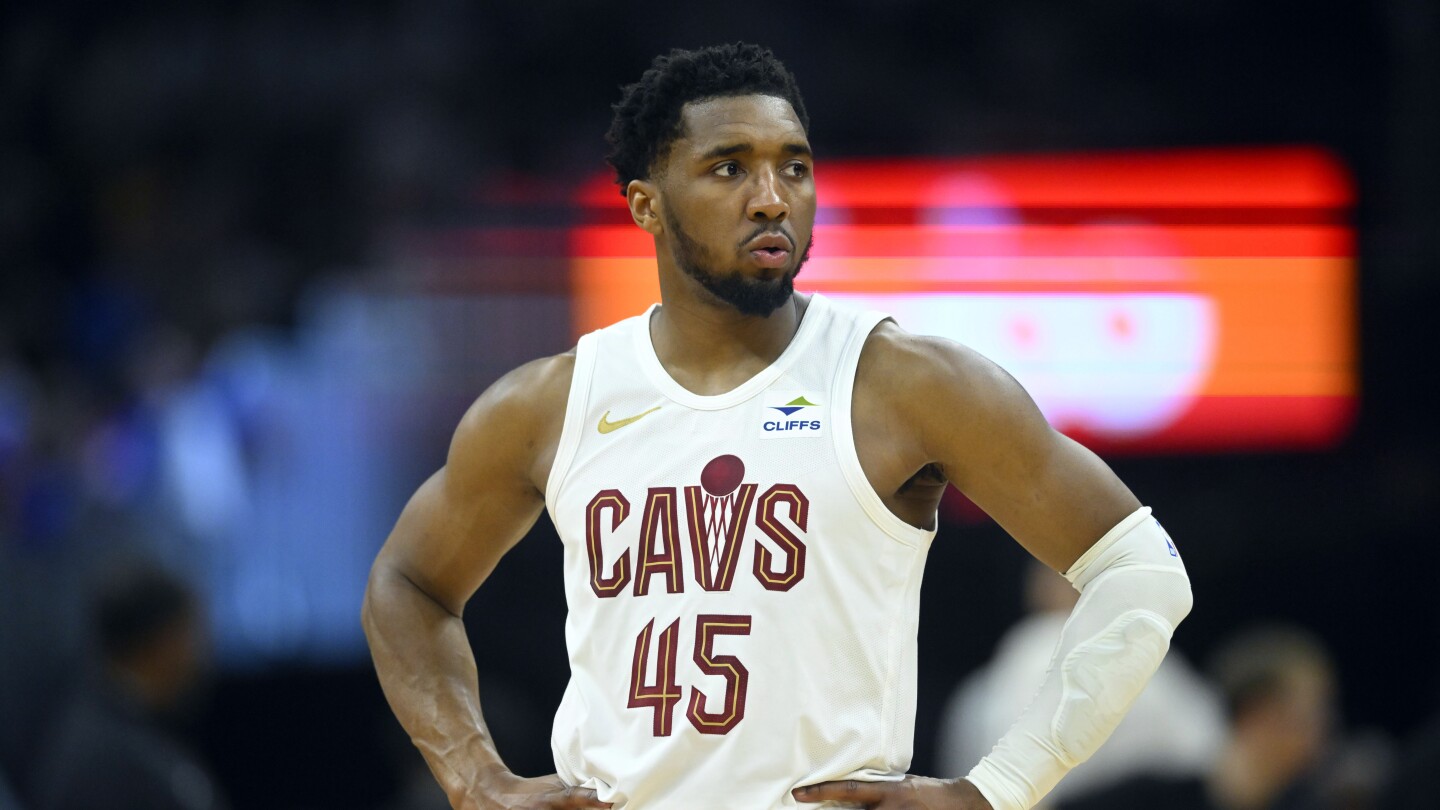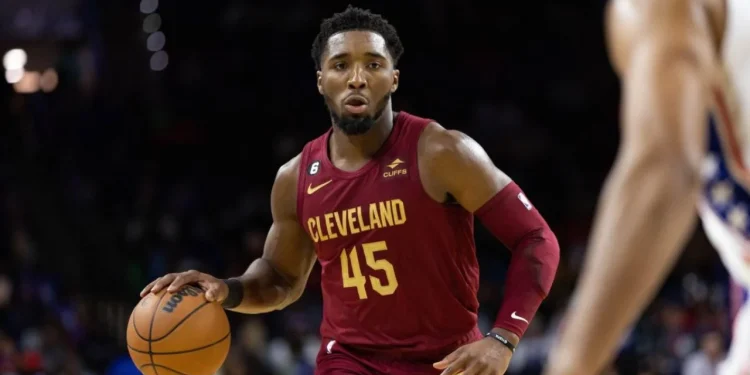The Cleveland Cavaliers have decided to part ways with J.B. Bickerstaff as head coach, a move that has sparked considerable discussion within the NBA community. Bickerstaff’s tenure this season saw the Cavaliers reach the Eastern Conference semifinals, only to fall to the Boston Celtics in five games.
Notably, All-Star guard Donovan Mitchell missed the final two contests, and center Jarrett Allen was absent for the entire series due to injury.
According to sources, Mitchell was not particularly impressed with Bickerstaff’s coaching style. As reported by Shams Charania, Joe Vardon, and Jason Lloyd of The Athletic, “Multiple league sources have said, for months, that Mitchell did not have great confidence in Bickerstaff, and he was not alone.
Several players questioned Bickerstaff’s strategies, game management, practice habits, and accountability measures, privately and publicly, throughout the season.”

Donovan Mitchell’s Contract and the Cleveland Cavaliers’ Dilemma
Mitchell currently has two years left on his contract with the Cavaliers, with the second year being a player option. Many expect him to opt out of this final year, posing a significant risk for Cleveland, who might lose him for nothing next summer. Throughout his tenure with the team, Mitchell has been hesitant to commit his future verbally to the franchise.

Should no contract extension be reached in the upcoming months, the Cavaliers may need to explore potential trade options. However, the organization faces a dilemma: should they allow a player who might soon leave to have a say in critical decisions such as the hiring of a new head coach?
A Double-Edged Sword
Allowing a star player like Mitchell, who has yet to fully commit to the franchise, to have substantial influence over organizational decisions could be seen as a risky move. Such influence is typically reserved for cornerstone players who are integral to the team’s long-term plans.
The Cavaliers must weigh the potential benefits of involving Mitchell in the coaching decision against the risk of granting too much power to a player who may not be around for the new regime. This is especially pertinent given Mitchell’s apparent indecision about his future with the team.
"I think Cleveland is a really good place for [Donovan Mitchell]… I would be highly surprised if he left."
Marcus Morris speaks on Donovan Mitchell's future in Cleveland 👀
(via @RunItBackFDTV)pic.twitter.com/GJ7OvjbDx8
— ClutchPoints (@ClutchPoints) May 24, 2024
Strategic Decisions Ahead
For the Cavaliers, the path forward involves carefully balancing appeasement and strategy. While it’s essential to consider the input of star players, it is equally crucial to ensure that such influence does not jeopardize the team’s future stability. Until Mitchell signs an extension, his role in these pivotal decisions should remain limited.

In the high-stakes world of the NBA, franchises need leaders who are fully committed to the team’s vision and future. Granting too much control to players who sit on the fence can lead to instability and undermine long-term success.
The Road to Stability
As the Cavaliers navigate this challenging period, the priority must be to establish a stable and committed leadership structure. Whether this involves persuading Mitchell to commit to the team or moving forward without his influence, the goal remains the same: to build a cohesive, forward-looking organization capable of sustained success.
In conclusion, the Cleveland Cavaliers face a critical juncture in their journey. The decisions made in the coming months will shape the team’s future, and it is imperative to strike the right balance between player input and organizational integrity. Only time will tell if the Cavaliers can navigate these waters effectively and emerge stronger for it.









